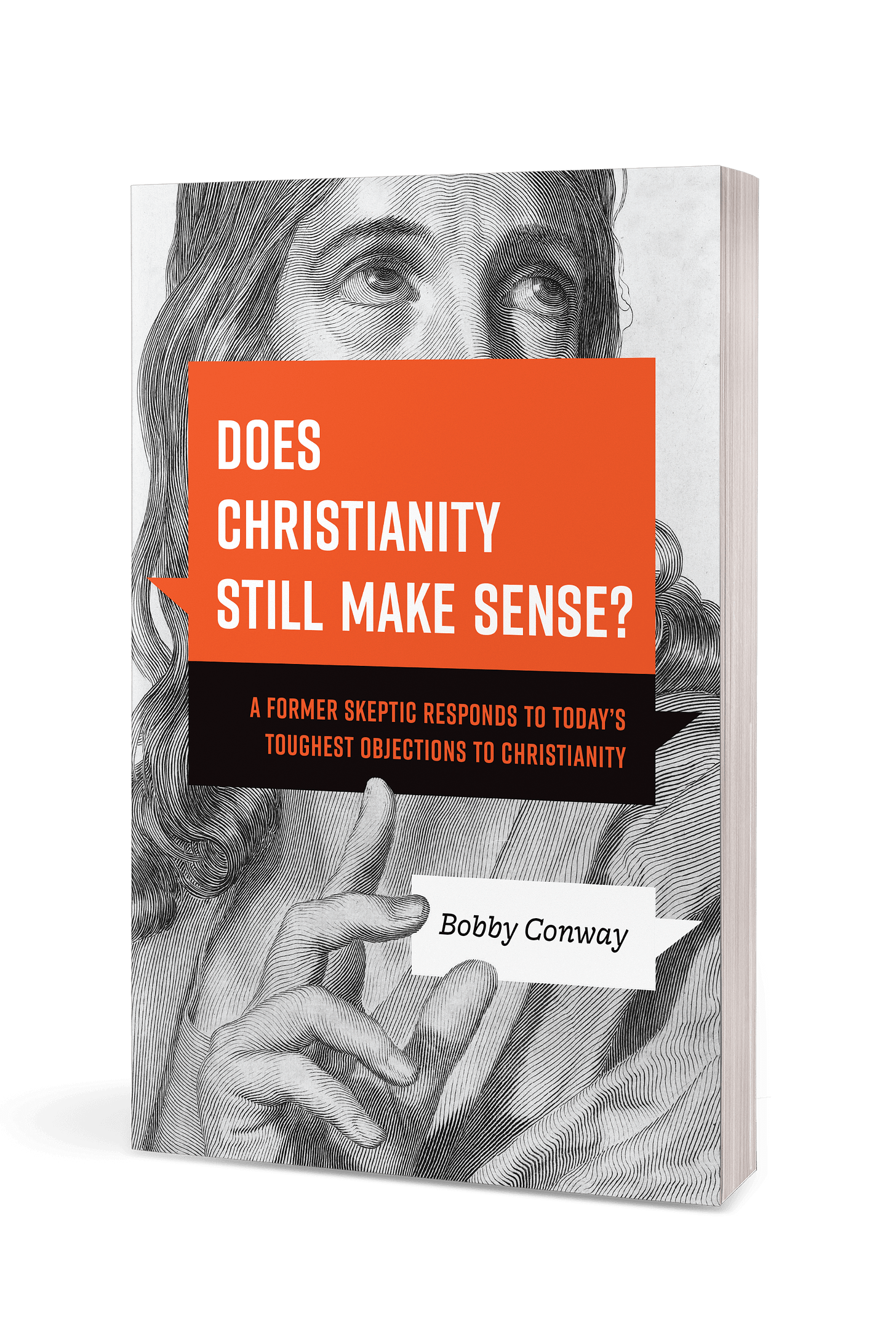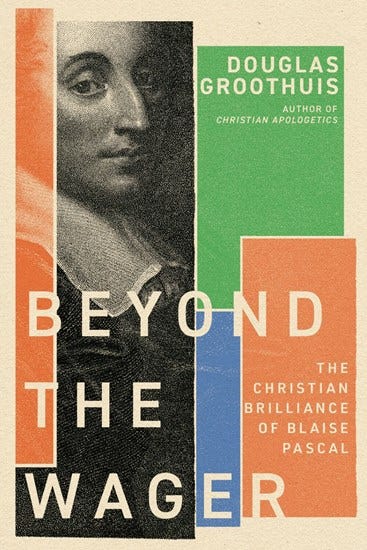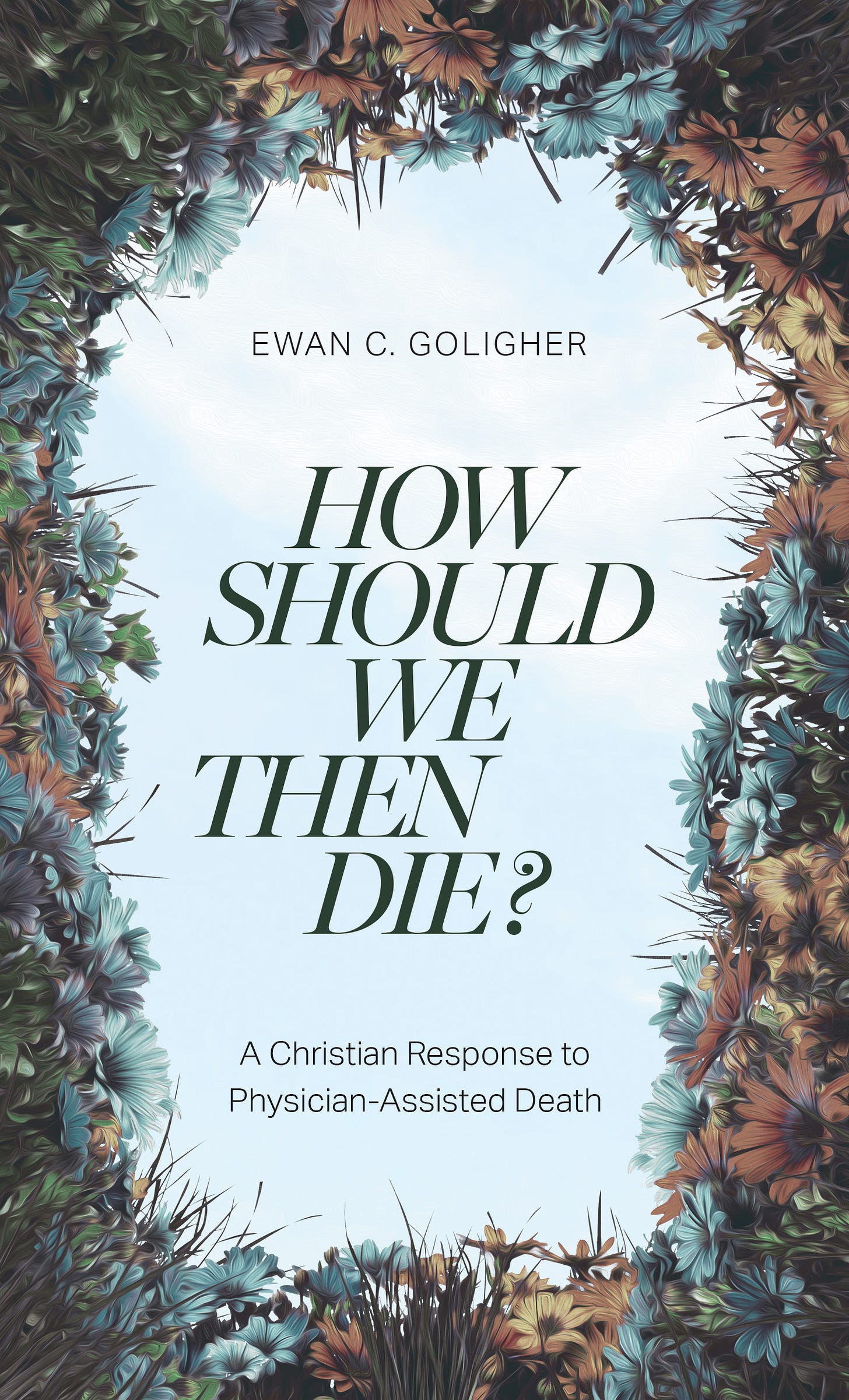There’s nothing more fundamental to living the Christian life than studying the Bible. As biblical scholar Charles Ryrie expressed, “The Bible is the greatest of all books; to study it is the noblest of all pursuits; to understand it, the highest of all goals.”1 Similarly, D. A. Carson writes that with the Bible “we are dealing with God’s thoughts” and are therefore “obligated to take the greatest pains to understand them truly and to explain them clearly.”2 Scripture itself exhorts us to engage with it deeply (e.g., Psalm 119) and to “do your best to present yourself to God as one . . . who correctly handles the word of truth” (2 Timothy 2:15).
At the same time, it’s important to keep in mind that we don’t study Scripture just to add to our storehouse of knowledge, but in order to know and love God more deeply, and to grow spiritually. Peter encouraged his readers to “crave pure spiritual milk, so that by it you may grow up in your salvation” (1 Peter 2:2). Paul prayed that the Colossian Christians would be filled “with the knowledge of [God’s] will” so that they would “live a life worthy of the Lord and please him in every way: bearing fruit in every good work” (Colossians 1:9-10).
Despite most Christians’ desire to understand Scripture better, the modern-day reader encounters some challenges. We’re separated from the original authors and audience of Scripture by time, language, culture, and (for most of us) geography. We also may not understand what the storyline of the Bible is about, and may not be aware of some important interpretive practices that we need to employ.
In what follows, we’ll commend some important principles for how to read and understand the Bible, and also recommend some helpful tools that will illuminate otherwise hidden or obscure meanings. If utilized, all of these together will greatly enrich your ability to enjoy and benefit from your study of God’s Word.
The Bible’s Big Story
Nearly everything about understanding any written text relates to context, and understanding the Bible’s big picture is the best context to begin with. If we know the overall shape of any story, it’s much easier to place any episode that happens within the context of the whole—just as it’s easier to put a jigsaw puzzle together if you have the picture on the box to go by.
The Bible’s overall storyline can be summarized as the redemption of human beings from sin by the life, death, and resurrection of Jesus Christ. This can be compared to a four-act play in which the story of redemption unfolds. The four acts include:
(Act 1) Creation — God creates a perfect world and gives human beings the responsibility of caring for and developing it. Adam and Eve enjoy blessed fellowship with each other and with God. (Genesis 1 and 2).
(Act 2) Fall — The first couple rebels by eating from the tree of the knowledge of good and evil, and are banished from the garden and God’s presence. Creation comes under a curse, and Adam and Eve are alienated from God and each other, and every human being thereafter inherits a sinful, rebellious nature. (Genesis 3; Romans 5)
(Act 3) Redemption — Immediately after the fall, God reveals a first glimpse at his plan to rescue humankind: “I will put enmity between you and the woman, and between your offspring and hers; he will crush your head, and you will strike his heel” (Gen. 3:15). God foretells that Jesus will one day defeat Satan for good, putting a final end to evil (cf. Revelation 20:10).
(Act 4) Restoration — With evil defeated, God will create a new heavens and new earth in which he will have unbroken fellowship with his people, as he once did in the garden with Adam and Eve. What was lost will be restored, and the redeemed will live in joy and peace in God’s presence forever. (Revelation 21-22)3
Once you understand the Bible’s overall storyline, you can make better sense of any book, passage, or verse by seeing where it fits within this big picture. This structure also provides guardrails that help prevent misinterpretation of the Bible, since any proposed understanding that contradicts or distorts this story can be dismissed as contrary to Scripture.
Literary and Historical Contexts
Along with the big-picture context, it’s also important to explore the literary and historical contexts of a passage or verse. The goal is to determine what the author intended to convey by what he wrote. We want to uncover the author’s intended meaning rather than imposing our own meaning on the text.
The literary context involves determining the genre of the passage, along with how it fits within the verses that surround it, and within the book in which it appears. This is a basic interpretive principle that applies to any written text that we want to understand. Concerning genre, for example, since Jesus’s story about the prodigal son is a parable, we need not consider questions that would be appropriate for a historical narrative, such as on what dates the events took place, or if the son and his more faithful brother eventually reconciled. Similarly, the surrounding verses or sections or books of a passage are the best indicators of its meaning. Ignoring these will nearly always lead to misinterpretation.
Historical and cultural contexts are also important. As one author quipped, “The past is a foreign country; they do things differently there.”4 Numerous aspects of ancient Near Eastern culture are unfamiliar to us today, and understanding them can shed much light on biblical texts. To cite just one example, it’s difficult for us to grasp today just how radical it was for Jesus to wash his disciples’ feet as recorded in John 13. This was a task reserved for the lowest servant in a household, and for Jesus, a revered teacher, to wash his disciples’ feet would have been unthinkable. In doing so, Jesus turned the cultural expectation on its head, and demonstrated an astounding level of humility and service that he expected the disciples to emulate.5
Once the author’s intended meaning in a passage is arrived at using these contextual clues, the final step is to consider how the passage applies to your own life. We don’t have space here to explore this step in detail, but biblical scholar Matthew Harmon suggests three questions to ask of a passage in order to discern how to apply it to your personal circumstances: 1) What does God want me to think? 2) What does God want me to desire? and 3) What does God want me to do? Echoing our earlier observation about the end-goal of Bible study, Harmon relates that the “goal of understanding the Bible and applying it to our lives is life transformation. We want God’s Spirit to use God’s Word to make us more like God’s Son.”6
The Right Tools
Since we as modern readers need help uncovering the literary and historical-cultural contexts of Scripture, we need a proper set of tools for the job. Two of the best to invest in are a good study Bible and commentary set. Study Bibles provide brief explanations of passages or individual verses that help uncover the original meaning of the text. Many study Bibles also suggest ways to practically apply the text to one’s life. For more in-depth study, a commentary is the most useful tool. Some commentaries cover the entire Bible in a single volume, while others devote one or more volumes to a single biblical book. Commentaries contain a wealth of information on the literary aspects of biblical passages (such as genre, or the meaning of original-language words), along with illuminating historical and cultural insights. Some commentaries are quite technical, while others are written for those new to Scripture, so it’s helpful to preview a sample or read reviews to ensure that you purchase a commentary that will best help you in your study of the Bible.7
Notes
1. Charles Caldwell Ryrie, Ryrie Study Bible: New International Version, expanded ed. (Chicago: Moody Publishers, 1994), vi.
2. “12 Inspiring Quotes about Studying Scripture,” Jesus Film Project (blog), https://www.jesusfilm.org/blog/studying-scripture-quotes/.
3. For a helpful book-length treatment of this concept (with a six-act structure instead of four), see Craig G. Bartholomew and Michael W. Goheen, The Drama of Scripture: Finding Our Place in the Biblical Story, 2nd ed. (Grand Rapids, MI: Baker Academic, 2014).
4. The quote comes from L. P. Hartley’s 1953 novel The Go-Between.
5. There are many more details that could be discussed about literary and historical-cultural contexts that space prohibits discussing here. A very good and accessible introduction to these topics is Gordon Fee and Douglas Stuart’s How to Read the Bible for All Its Worth, 4th ed. (Grand Rapids: Zondervan, 2014). More advanced readers can benefit from Grant Osborne’s The Hermeneutical Spiral: A Comprehensive Introduction to Biblical Interpretation, 2nd ed. (Downers Grove, IL: InterVarsity Press, 2006) or Andreas Köstenberger and Richard D. Patterson’s Invitation to Biblical Interpretation: Exploring the Hermeneutical Triad of History, Literature, and Theology, 2nd ed. (Grand Rapids: Kregel Academic, 2021).
6. Matthew S. Harmon, Asking the Right Questions: A Practical Guide to Understanding and Applying the Bible (Wheaton: Crossway, 2017), Logos edition (no page number), chapter 9. Harmon proposes four questions, but I’m omitting his second question (“What does God want me to believe?”) because it shares much in common with the first question (“What does God want me to think?”).
7. A useful website for finding commentaries is Best Commentaries (https://bestcommentaries.com/), which describes itself as “Rotten Tomatoes for Biblical Studies.” The site includes rankings by popularity, links for purchasing, and labels most commentaries according to their degree of difficulty (non-technical, semi-technical, and technical).
— Christopher L. Reese (MDiv, ThM) is a writer, editor, and journalist. He is the founder and editor of The Worldview Bulletin and a general editor of the Dictionary of Christianity and Science (Zondervan, 2017) and Three Views on Christianity and Science (Zondervan, 2021). His work has appeared in Christianity Today, Bible Gateway, Beliefnet, Summit Ministries, and other sites.
* This article originally appeared at Summit Ministries.
Image by StockSnap from Pixabay
The Worldview Bulletin thrives when readers subscribe. Sign up here to access all of our resources and support our work of commending and defending the Christian worldview. If you prefer to give a one-time donation instead, you can do so here.
[From our partners]
Does Christianity Still Make Sense?
A Former Skeptic Responds to Today’s Toughest Objections to Christianity
Does Christianity still make sense? Years after Bobby Conway became a Christian, this question haunted him. Even though by then he was the pastor of a thriving church, it seemed as if his entire belief structure was being dismantled. Had he been duped? Perhaps you can relate to how Bobby felt. Maybe you find yourself questioning in the same way.
In this book, Bobby describes his own long journey through chronic doubt to a settled and confident trust. In this book, he responds to the twenty toughest challenges to the Christian faith, including these difficult questions:
Why are there so many scandals in the Church?
Aren’t Christians just a bunch of hypocrites?
Why do Christians use God’s name to oppress others?
Why are so many Christians racists?
Why does God allow evil in the world?
Is there reliable evidence for God’s existence?
“Bobby Conway is one of the most honest truth seekers I know. He shares the personal doubts and questions he has wrestled with in his life, but also the compelling reasons he remains a Christian. This book has depth, but it’s also accessible, interesting, and honest.”
— SEAN MCDOWELL, associate professor of apologetics at Biola University and coauthor of Evidence for Jesus
“Not only does Christianity still make sense, so does Pastor Bobby Conway! I doubt you’re going to find more succinct and practical answers to the modern objections to Christianity than you’ll find in this book. Highly recommended for everyone, but especially for young people who are being bombarded by deceitful messages and harmful ideologies.”
— FRANK TUREK, president of CrossExamined.org and coauthor of I Don’t Have Enough Faith to Be an Atheist
See our recent excerpt from Does Christianity Still Make Sense? here.
Find Does Christianity Still Make Sense? at Amazon, Barnes & Noble, Christianbook.com, Tyndale, and other major booksellers.
Beyond the Wager: The Christian Brilliance of Blaise Pascal
Blaise Pascal, the seventeenth-century French philosopher and scientist, is perhaps best known for his "wager," an argument about the existence of God. But there was much more to Pascal and his brilliance.
In this accessible and well-documented study, philosopher Douglas Groothuis introduces readers to Pascal's life as well as the breadth of his intellectual pursuits, including his contributions to mathematics, science, ethics, and theology. Groothuis overviews the key points of Pascal's Pensées, which captures his thoughts about God, humanity, and Jesus Christ. Readers will also explore Pascal's views on a range of topics, including culture, politics, Islam, and miracles.
With guidance from a leading Christian thinker and longtime student of Pascal, Beyond the Wager takes you on a journey to discover the riches Pascal has to offer today.
“Philosopher Douglas Groothuis has devoted decades to studying, teaching, and writing about Blaise Pascal, and it shows. Groothuis skillfully addresses Pascal's fascinating life, scientific achievements, theological controversies, apologetic efforts, and more. His adept presentation of Pascal's unique anthropological argument for Christianity is particularly superb.”
— Robert Velarde, author of A Visual Defense: The Case For and Against Christianity
“Douglas Groothuis’s analysis of Pascal is so relevant today, as the culture drifts further away from absolute truth.”
— David N. Sonnesyn, author of ...LIKE GOD?": Post Modern Infatuation With New Age and Neo-Spiritism
“I have been reading Blaise Pascal's writings as well as other contemporary writers and apologists who have discussed Pascal and his ideas for at least three decades. Beyond the Wager: The Christian Brilliance of Blaise Pascal is one of the finest introductions to this amazing Christian thinker available. Douglas Groothuis's fine book is both substantive and accessible—a must-read for all of us contemporary Pascalians.”
— Kenneth Samples, senior scholar with Reasons to Believe
See our recent excerpt from Beyond the Wager here.
Find Beyond the Wager at InterVarsity Press, Amazon, Barnes & Noble, Christianbook.com, and other major booksellers.
"...LIKE GOD?": Post Modern Infatuation With New Age and Neo-Spiritism
“In this thorough and well-researched work, David Sonnesyn brings a lawyer’s mind to the task of exposing and challenging the leading false worldviews of our day. He leaves no heresy unexposed and exposes all of them to the liberating truth of Christianity.”
— Douglas Groothuis, Professor of Philosophy at Denver Seminary and author of twenty books including Beyond the Wager: The Christian Brilliance of Blaise Pascal and Christian Apologetics, 2nd ed.
Find . . . Like God? at Xulon Press, Amazon, and other major booksellers.
How Should We Then Die? A Christian Response to Physician-Assisted Death
As more people accept the practice of physician-assisted death, Christians must decide whether to embrace or oppose it. Is it ethical for physicians to assist patients in hastening their own death? Should Christians who are facing death accept the offer of an assisted death?
In How Should We Then Die?, physician Ewan Goligher draws from general revelation and Scripture to persuade and equip Christians to oppose physician-assisted death. Proponents of euthanasia presume what it is like to be dead. But for Christians, death is not the end. Christ Jesus has destroyed death and brought life and immortality through the gospel.
“Rarely has a book been needed as urgently as this one. Rarely has an author been better qualified to write it. I urge all Christians to prepare themselves to be able to provide a truly biblical response to one of the defining ethical issues of our day.”
— Tim Challies, author of Seasons of Sorrow: The Pain of Loss and the Comfort of God
“Combining Christian faith and reason, analysis and experience, [Dr. Goligher’s] insights shine needed light on how we should think about death, dignity, and the value of every human life and how euthanasia medicalizes death and devalues life. His wise counsel reaffirms the need for faith, hope, and love to address our darkest fears and satisfy our deepest yearnings for comfort, both in life and in death.”
— Lauris C. Kaldjian, MD, director, Program in Bioethics and Humanities, Richard M. Caplan Chair in Biomedical Ethics and Medical Humanities, and professor, Department of Internal Medicine, Carver College of Medicine, University of Iowa
Find How Should We Then Die? at Lexham Press, Amazon, Christianbook.com, and other major booksellers.
Advertise in The Worldview Bulletin
Do you have a ministry, book, course, conference, or product you’d like to promote to 7,137 Worldview Bulletin readers? Click here to learn how. We’re currently booking for May-June.







A very clear guide. I always tell my brothers & sisters that it is most important to read the Bible not just to know about Him, but to know Him. And we should open the Book of His Word to allow it to read us also. Thanks for this!
Excellent article, Christopher! I'll be sharing it with others. Thank you!